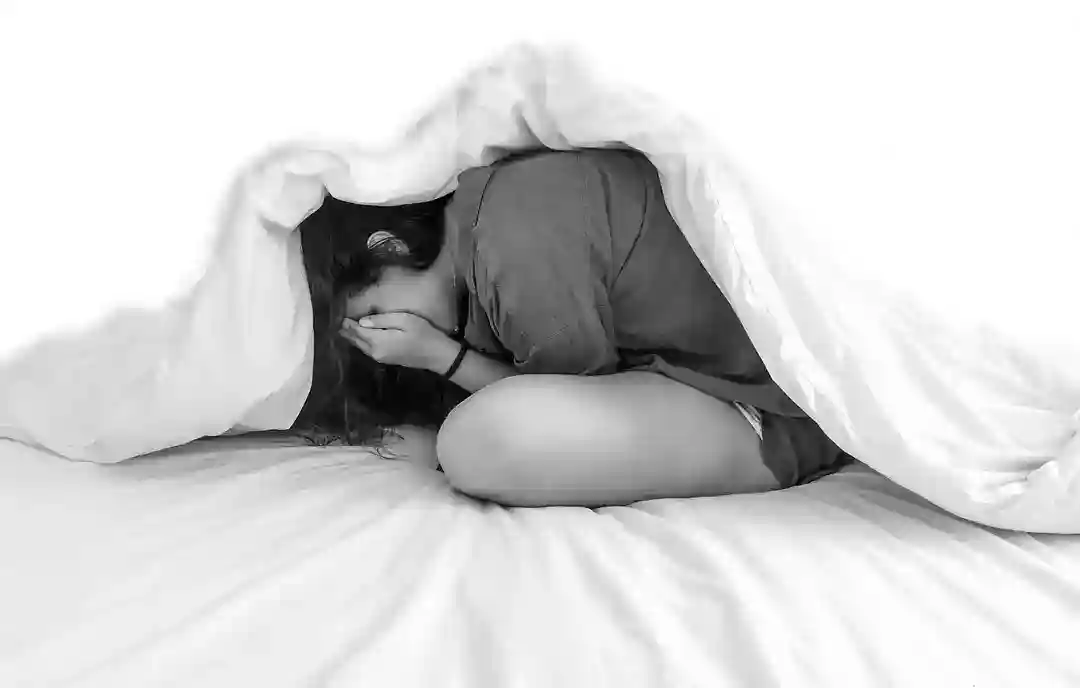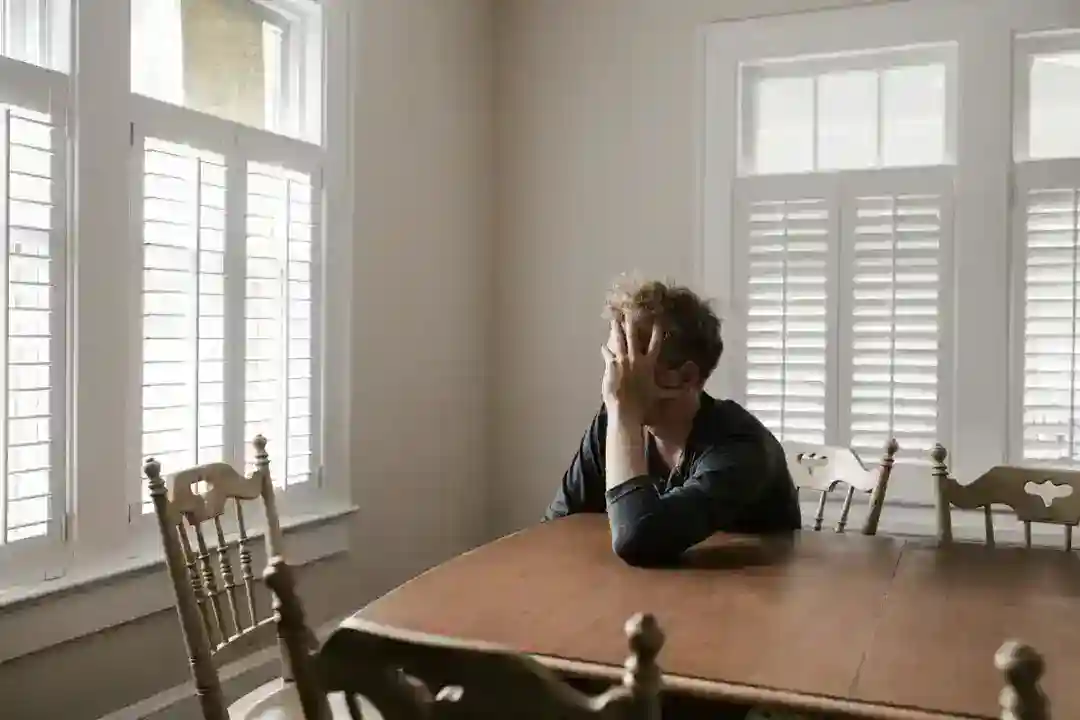Understanding Separation Anxiety Disorder Symptoms & Help

What is Separation Anxiety Disorder and How Can It Impact Your Childs Life?
Separation anxiety disorder a condition that affects children adolescents and adults alike is characterized by an intense fear of being separated from a parent guardian or other close caregiver. This disorder is a more serious form of separation anxiety which is a normal phase of development for many young children. In some cases this anxiety can interfere with daily activities at school and even cause panic attacks or other problem behaviors. The symptoms of separation anxiety disorder can be identified as early as preschool age. Separation anxiety may be a sign that your child is suffering from this disorder. While separation anxiety typically relates to the childs anxiety about being away from parents or guardians it can also relate to another close caregiver. Treatment for separation anxiety disorder can help lessen symptoms. This treatment may include specific types of therapy sometimes along with medicines. It is essential to seek professional help if you suspect your child is experiencing separation anxiety disorder as it can significantly impact their daily life and well-being.

How to Identify and Overcome Separation Anxiety Disorder in Children?
Separation anxiety disorder is a condition that affects children causing them to feel intense distress when they are away from their parents or loved ones. This disorder is diagnosed when the symptoms are more severe than what is expected for the childs developmental age and cause significant distress or problems with daily activities. Some common symptoms include repeated and intense distress when thinking about separation constant worry about losing a parent or loved one and refusing to be away from home due to fear of separation. In some cases separation anxiety disorder may also occur along with panic attacks which are repeated bouts of sudden feelings of intense anxiety and fear or terror that reach a peak within minutes. Children with this disorder may experience repeated nightmares about separation complain of headaches or stomachaches during or before separation and may even have tantrums about separation that last longer or are more severe than other kids of the same age. It is important for parents and caregivers to be aware of these symptoms and to seek professional help if they notice their child is experiencing any of them. The children with separation anxiety disorder can learn to manage their fears and develop healthy coping strategies to deal with separation from their loved ones with proper treatment and support.

How to Help Your Child Overcome Separation Anxiety Disorder and Reduce Anxiety Risks
Separation anxiety disorder a condition that causes distress when a child is separated from their parents or primary caregivers can have long-term consequences if left untreated. This disorder often leads to panic disorder and other anxiety disorders as the child grows into adulthood. It is crucial for parents to address these concerns and seek professional help if they notice signs of separation anxiety in their child. If youre worried about your childs separation anxiety its important to talk to their pediatrician or healthcare professional. They can provide valuable insights and recommendations on how to manage and treat this condition. By seeking help early you can help your child overcome their separation anxiety and reduce the risk of developing more severe anxiety disorders later in life.

What is Separation Anxiety Disorder and How Can It Affect You?
separation anxiety disorder is a condition that can be triggered by life stress resulting in the separation from a loved one. This can occur due to various factors such as the divorce of parents changing schools moving to a new location or the death of a loved one. Genetics may also play a role in the development of this disorder as it can influence an individuals susceptibility to separation anxiety. The symptoms of separation anxiety disorder can manifest in different ways depending on the individual. Some common signs include excessive worry about losing a loved one fear of being alone and physical symptoms such as headaches or stomachaches when separated from a loved one. In severe cases this disorder can lead to avoidance behaviors such as refusing to go to school or work or engaging in compulsive behaviors to cope with the anxiety. It is important to seek professional help if you or a loved one is experiencing symptoms of separation anxiety disorder. A mental health professional can provide a proper diagnosis and develop a treatment plan that may include therapy medications or a combination of both. With the right support and treatment individuals with separation anxiety disorder can learn to manage their symptoms and improve their overall well-being.

How Can Life Changes and Family History Influence Separation Anxiety Disorder in Teenagers and Adults?
Separation anxiety disorder a condition that often begins in childhood can persist into the teenage years and even adulthood. A complex issue that can be influenced by several risk factors. Life stresses or losses that result in separation are significant contributors. A loved ones illness or death loss of a beloved pet divorce from parents or moving or going to school can all lead to this disorder. A family history plays a crucial role. Having blood relatives who have anxiety symptoms or an anxiety disorder can increase the risk of developing separation anxiety. Additionally situational issues such as experiencing a disaster or traumatic life event can also contribute to the risk of this disorder.

How Does Separation Anxiety Disorder Impact Mental Health and Daily Life?
Separation anxiety disorder a condition that causes significant distress and functional impairment often leads to co-occurring disorders. Its like a storm that brings other storms along with it. These can also include other anxiety disorders such as generalized anxiety disorder panic attacks phobias social anxiety disorder or agoraphobia. Its not uncommon for people with separation anxiety to also experience obsessive-compulsive disorder or depression. The storm of separation anxiety can be overwhelming making it difficult for individuals to navigate their daily lives at home in social situations or at work or school.

How to Shield Your Child from the Shadows of Separation Anxiety Disorder
The enigmatic separation anxiety disorder sad is a mental health condition that affects children causing them to experience excessive anxiety when they are away from their parents or primary caregivers. Its like a shadow that follows them casting a dark cloud over their young lives. The good news is that you can prevent this condition from affecting your child. Firstly its crucial to seek professional advice as soon as you notice that your childs anxiety levels are much higher than those of their peers. Early diagnosis and treatment can significantly reduce anxiety symptoms and prevent the condition from worsening. Its like catching a cold before it turns into pneumonia - the earlier you act the better. The second is that once you have a treatment plan in place its vital to follow it through. This will help prevent relapse or worsening of symptoms. Its like following a recipe to bake a cake - if you skip a step or add too much sugar the result wont be what you expected. Lastly if youre dealing with anxiety depression or other mental health concerns its important to get your own evidence-based treatment and support. This will enable you to model healthy coping skills for your child just like a teacher models good behavior for their students. By doing so, youll not only help yourself but also your child, creating a healthier and happier environment for both of you.

How to Break Free from Separation Anxiety Disorder and Embrace Independence
Separation anxiety disorder is a condition that affects both children and adults. A feeling of excessive worry or fear about separation from a person or place that provides feelings of safety or security is described. This fear can lead to physical symptoms such as headaches stomachaches and difficulty sleeping as well as emotional symptoms like anger anger and clinginess. Separation anxiety disorder often begins in childhood but it can persist into adulthood. Adults with this disorder may experience anxiety when they are away from their home or loved ones and may avoid places or situations that trigger these feelings. They may also experience physical symptoms like palpitations shortness of breath and trembling. The causes of separation anxiety disorder are not fully understood but it is thought to involve a combination of genetic environmental and psychological factors. Those children who experience stress or trauma such as the loss of a parent may be more likely to develop the disorder. Adults who have a history of anxiety or depression are also at higher risk. Treatment for separation anxiety disorder typically involves a combination of therapy and medication. Cognitive-behavioral therapy cbt is a type of therapy that can help individuals with the disorder learn to manage their anxiety and develop coping skills. Medications such as selective serotonin reuptake inhibitors ssris may also be prescribed to help reduce symptoms of anxiety. In addition to professional treatment there are several strategies that individuals with separation anxiety disorder can use to manage their symptoms. These include practicing relaxation techniques such as deep breathing and progressive muscle relaxation and gradually increasing the time spent away from the person or place that triggers anxiety. With the right treatment and self-care it is possible for individuals with separation anxiety disorder to manage their symptoms and improve their quality of life.